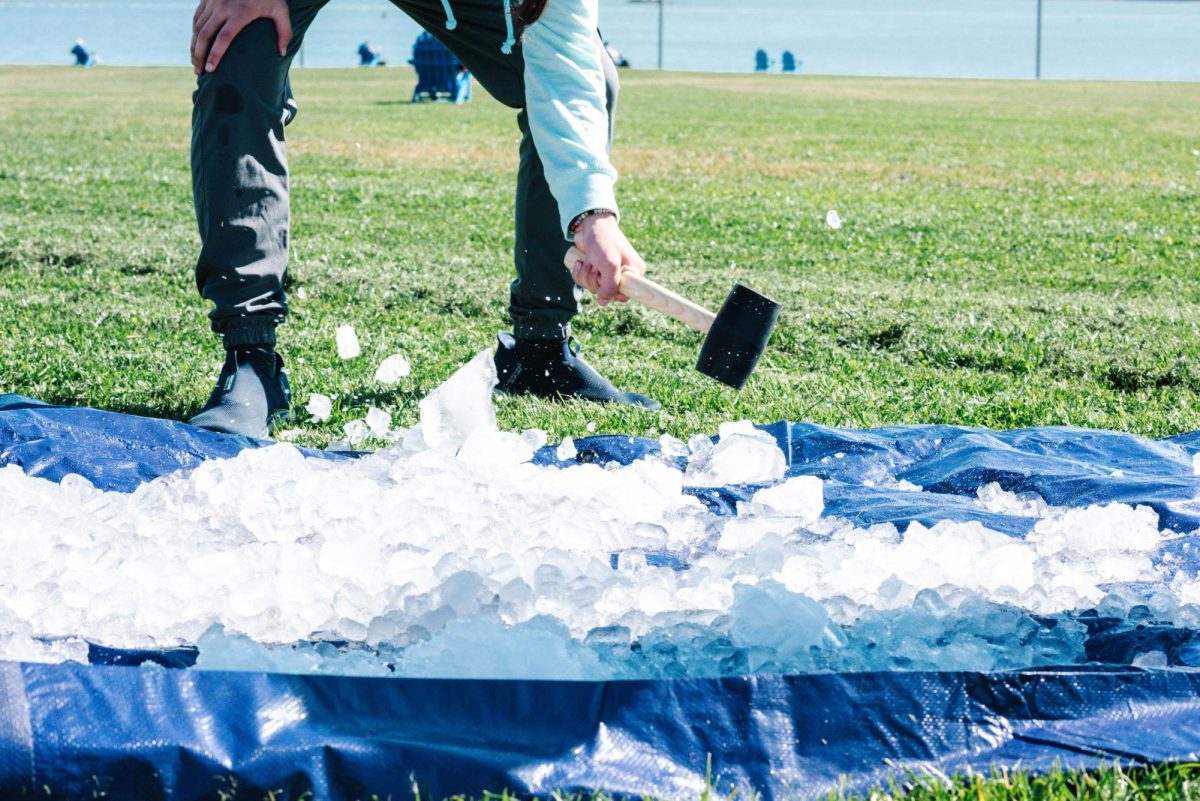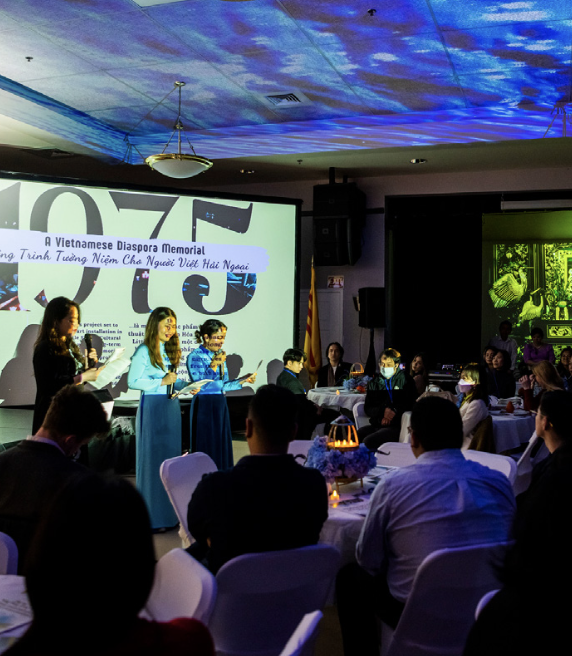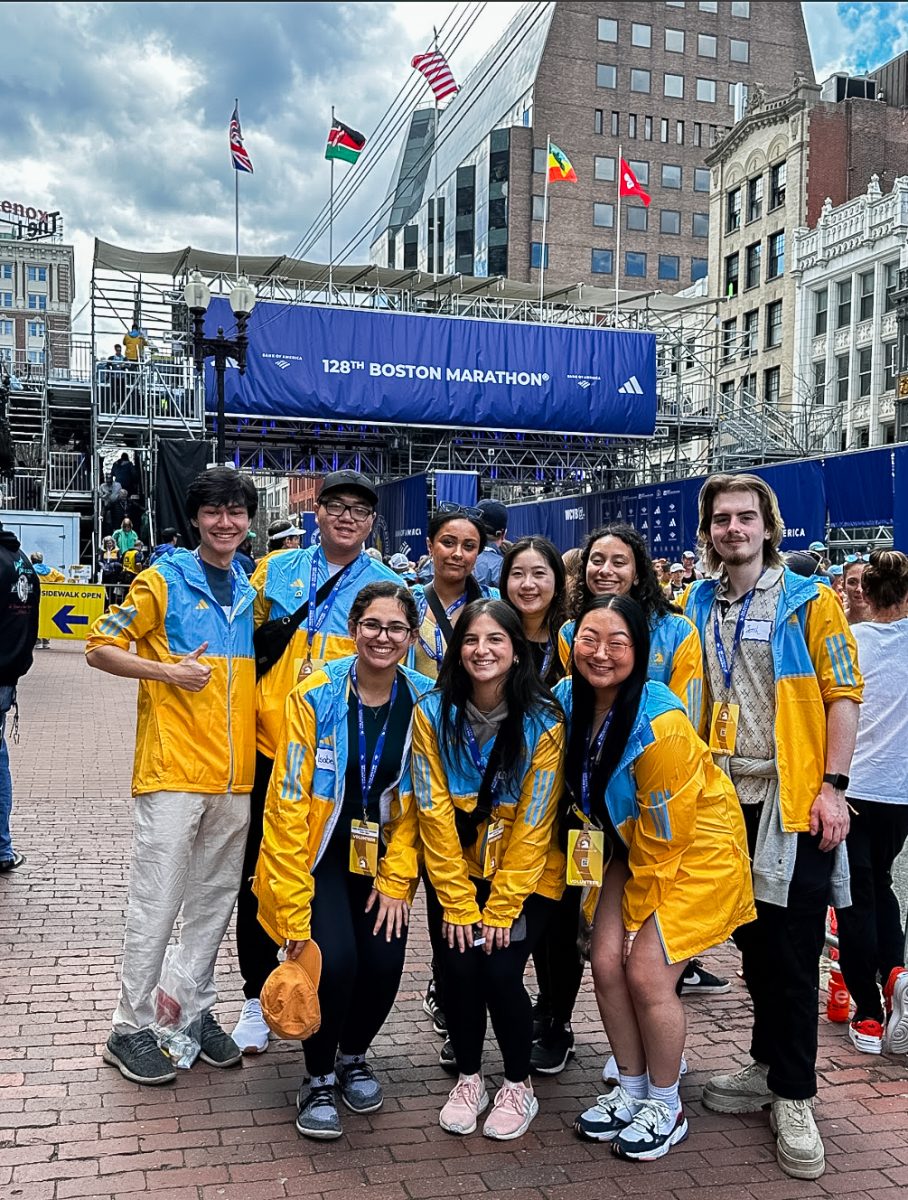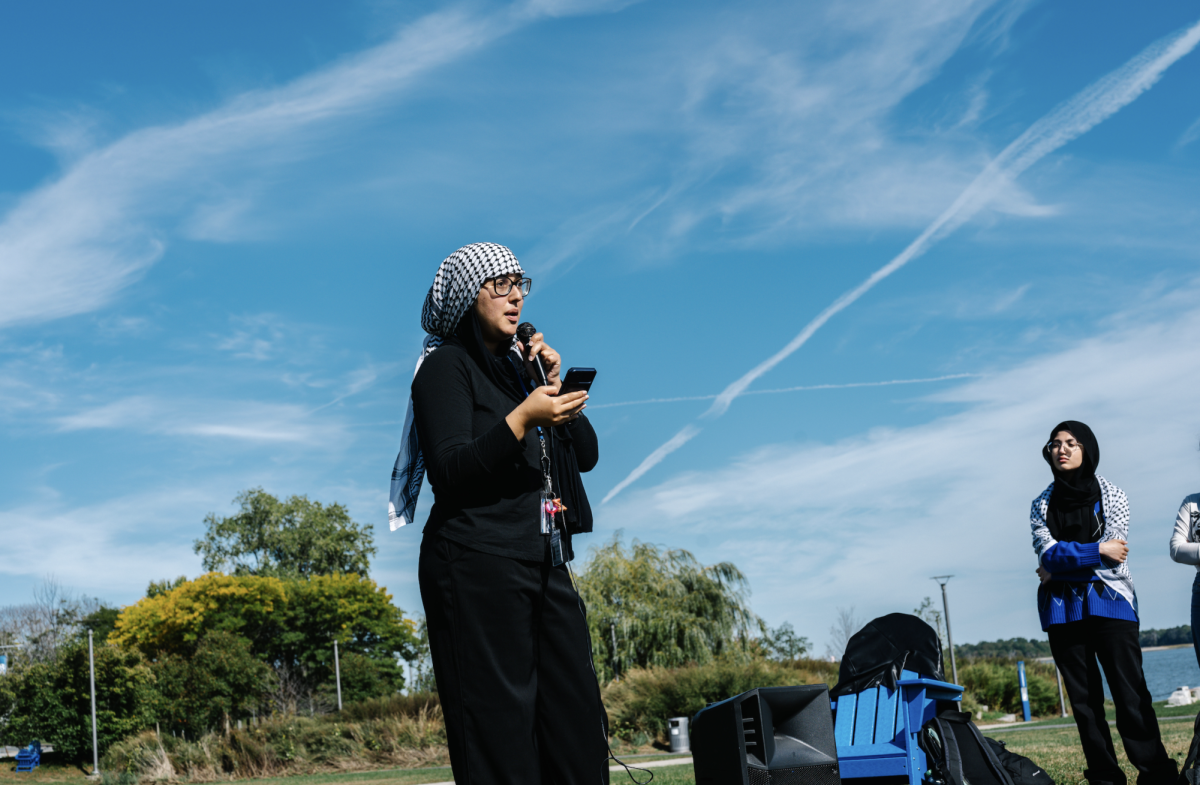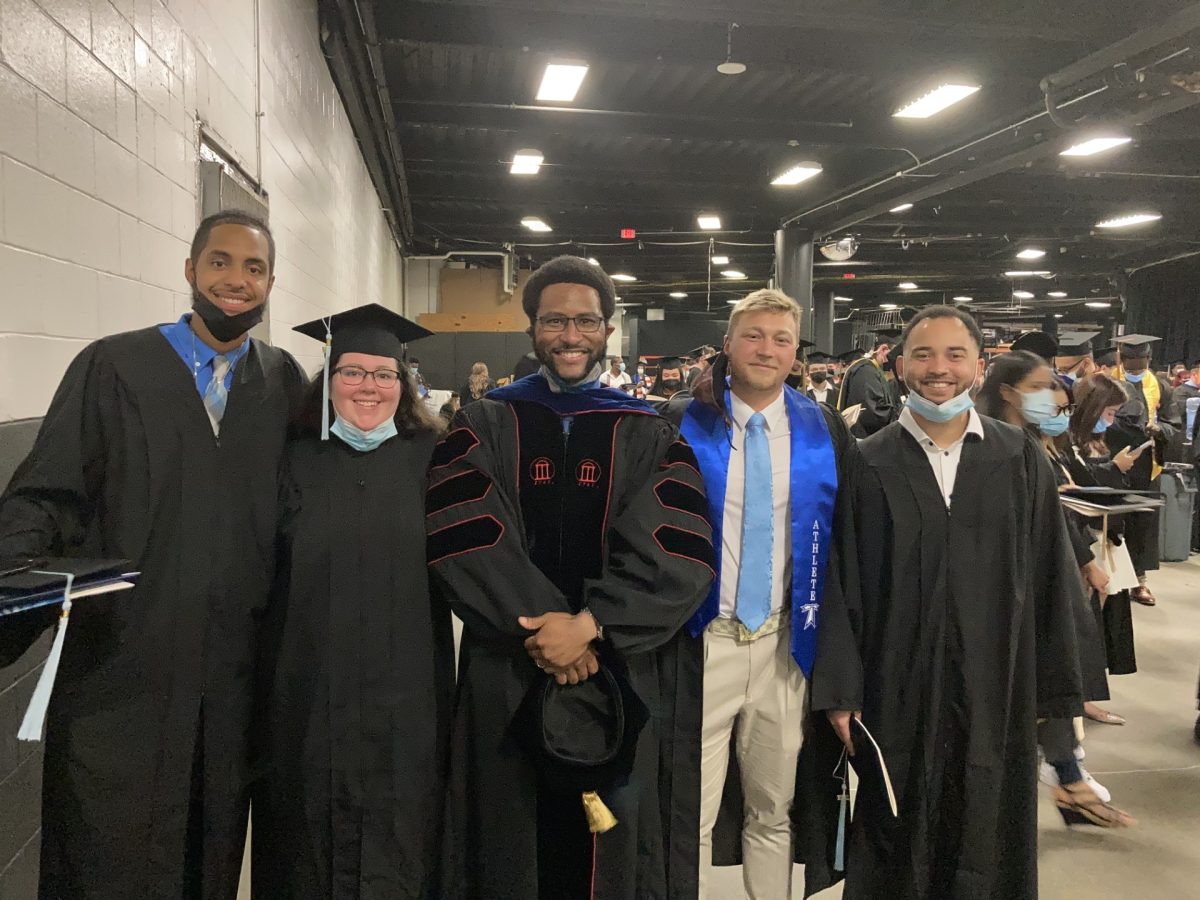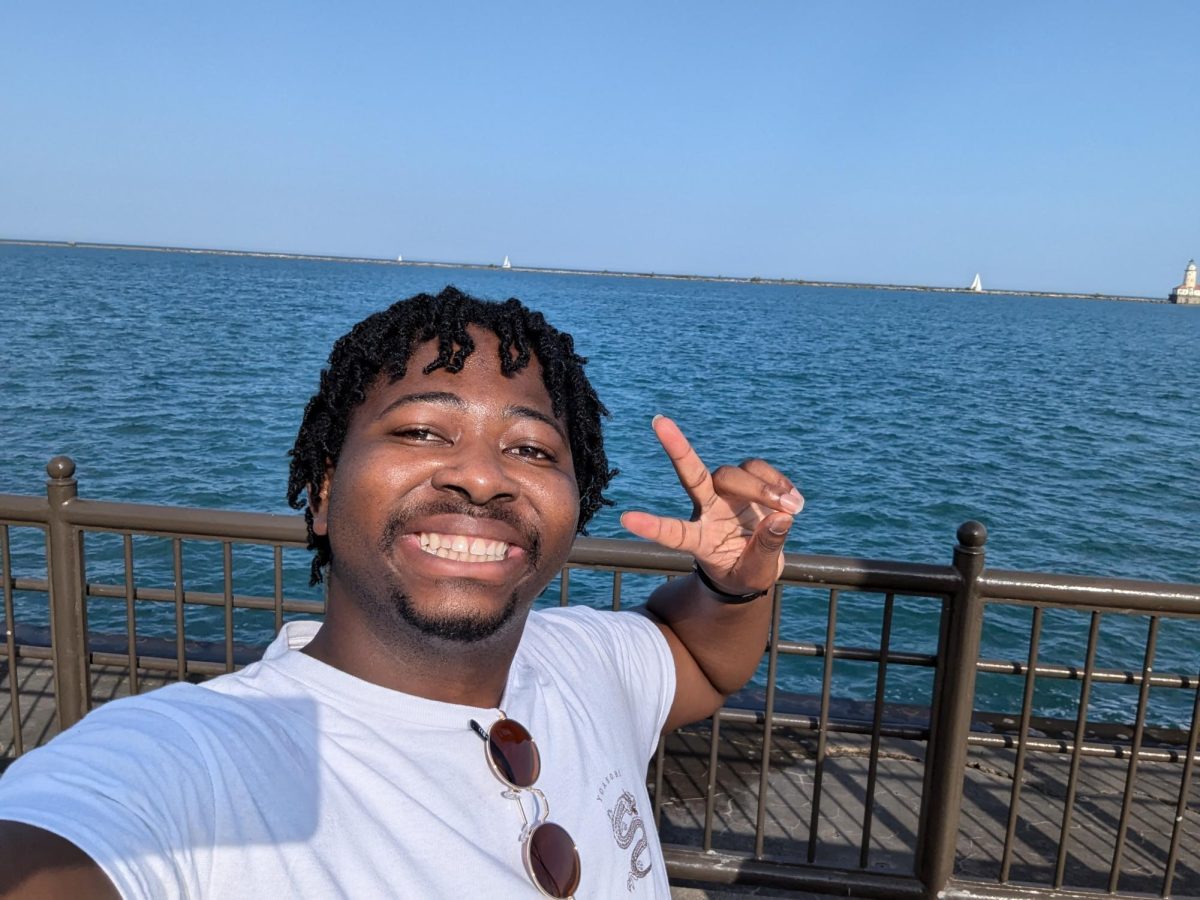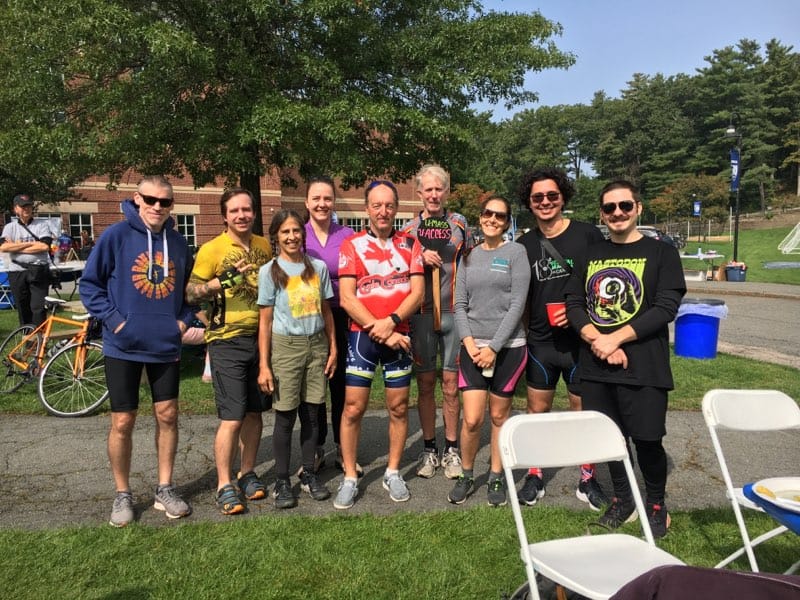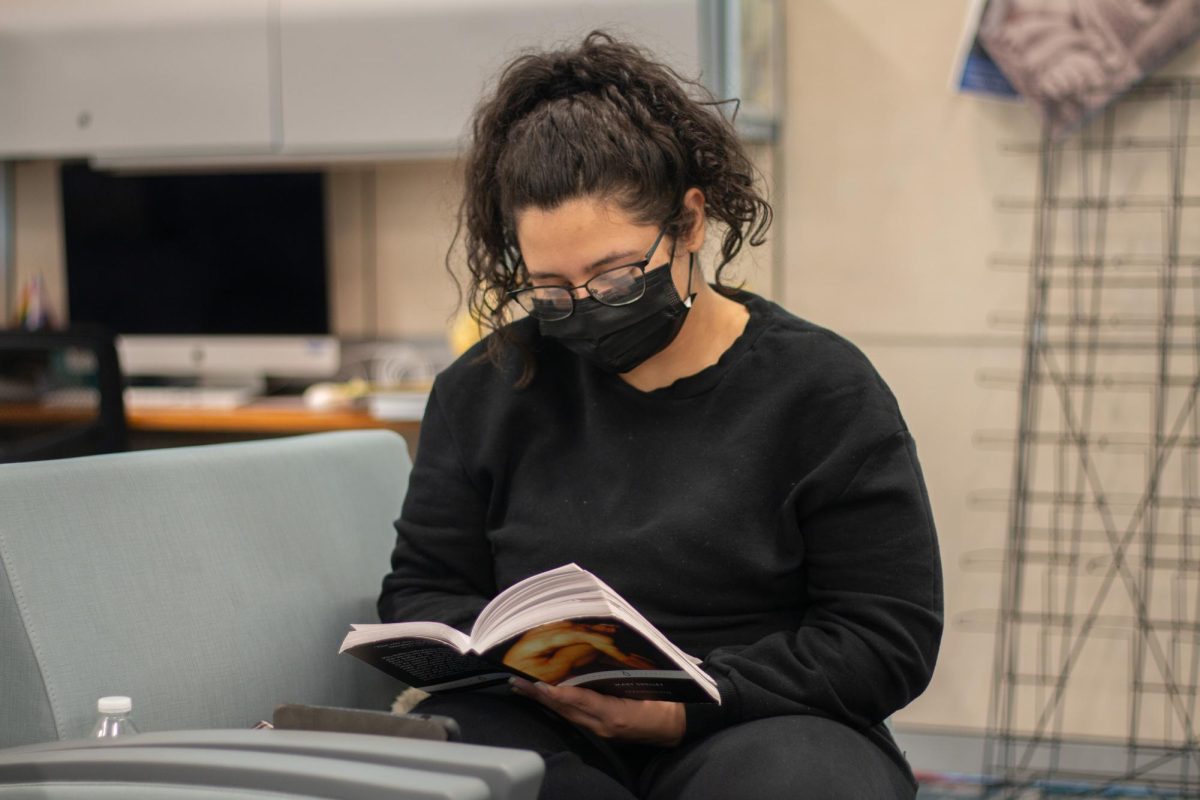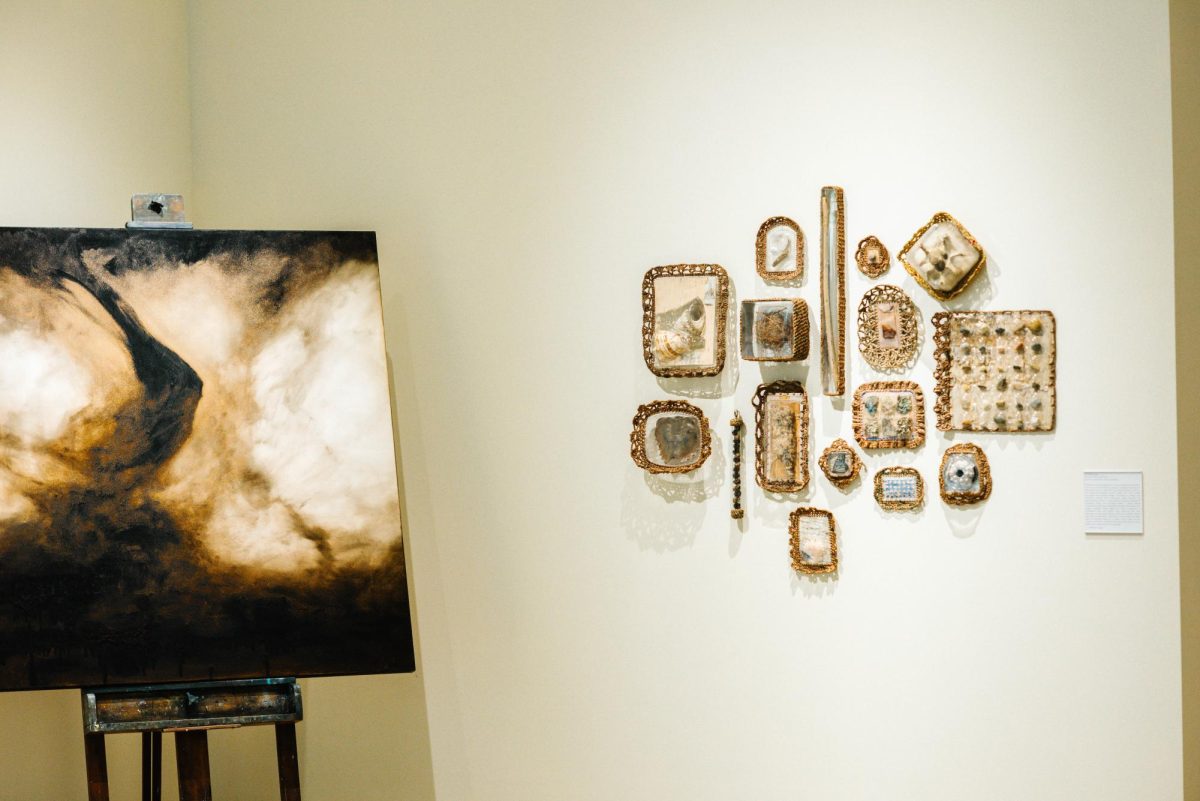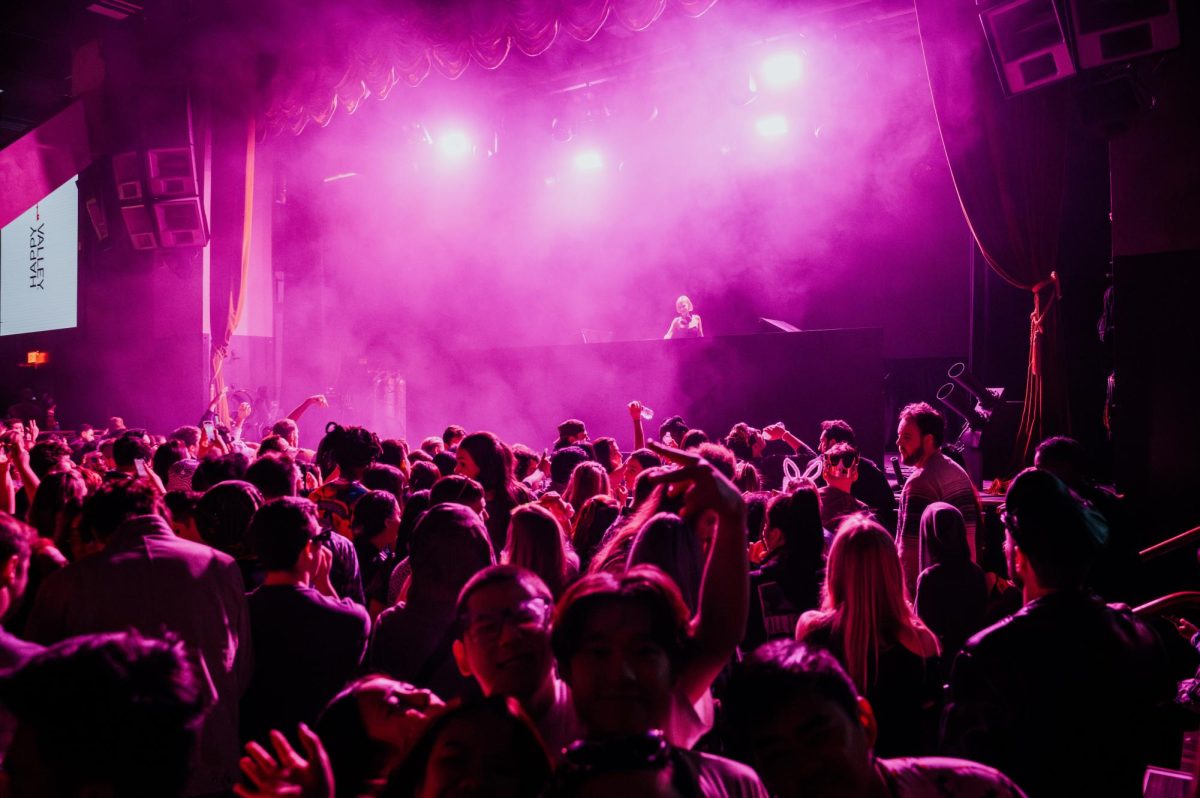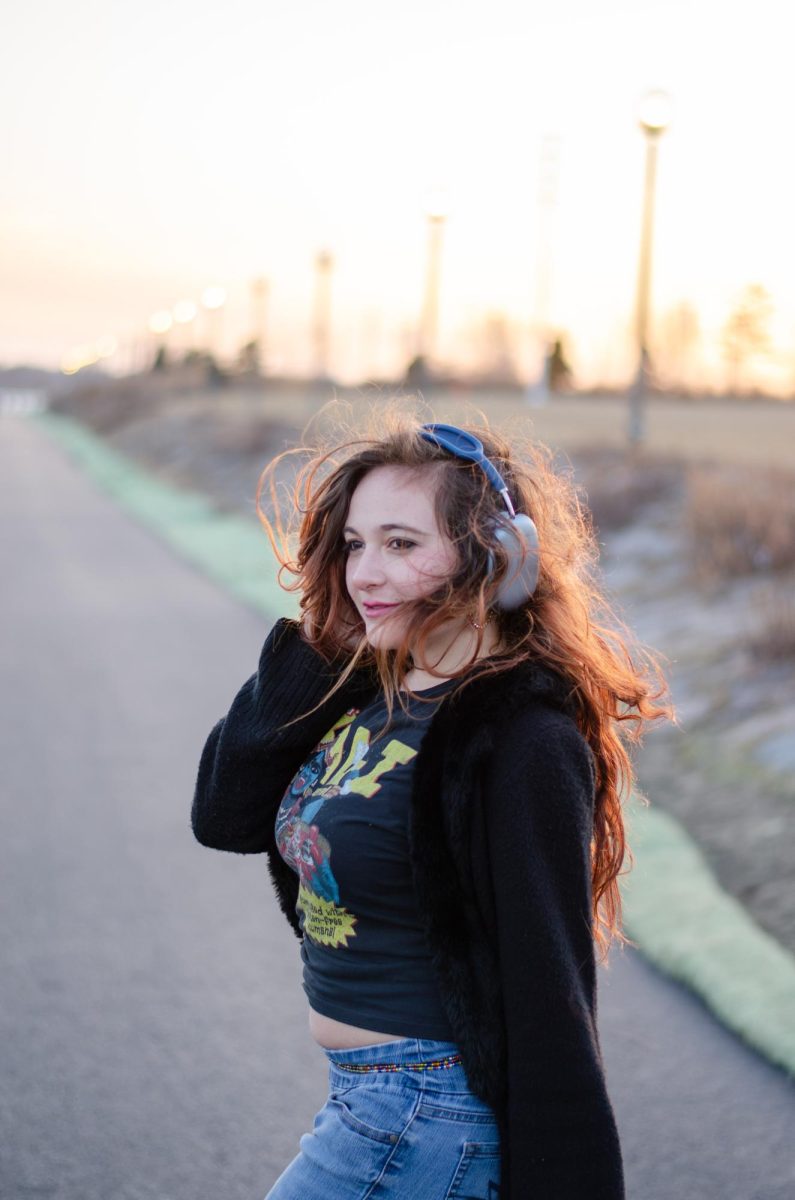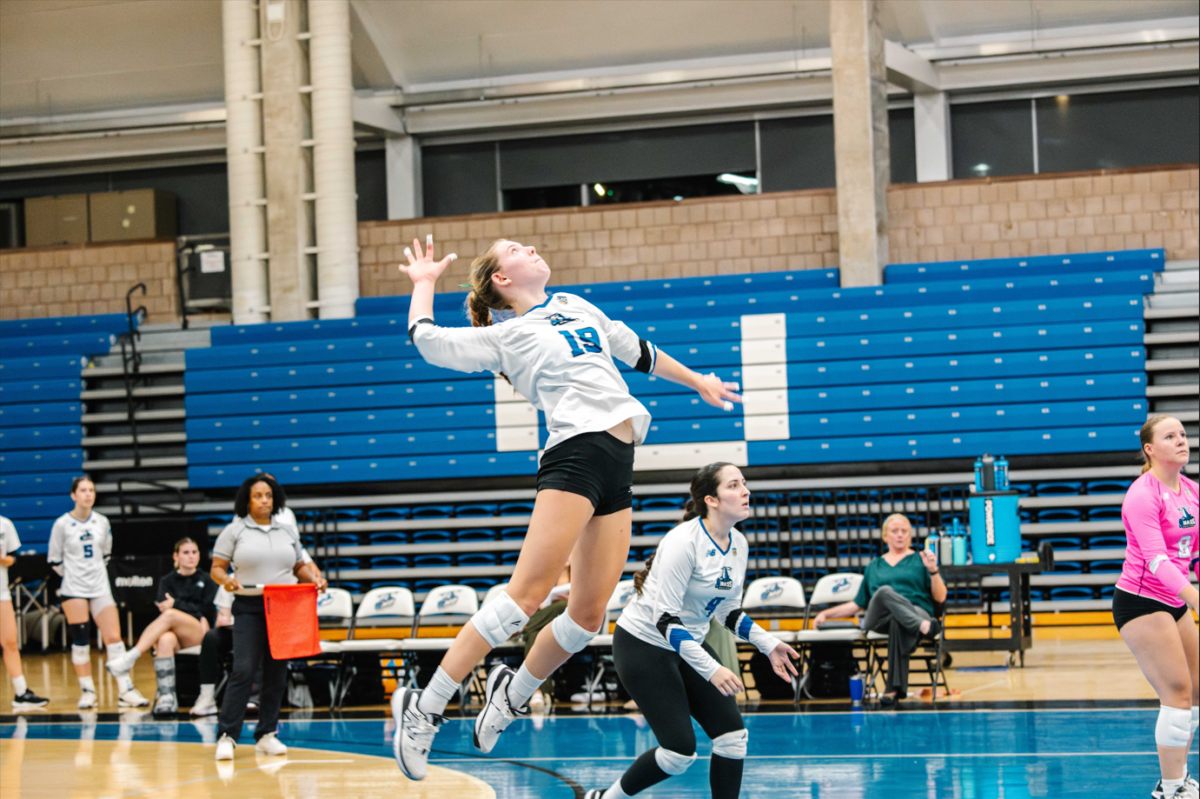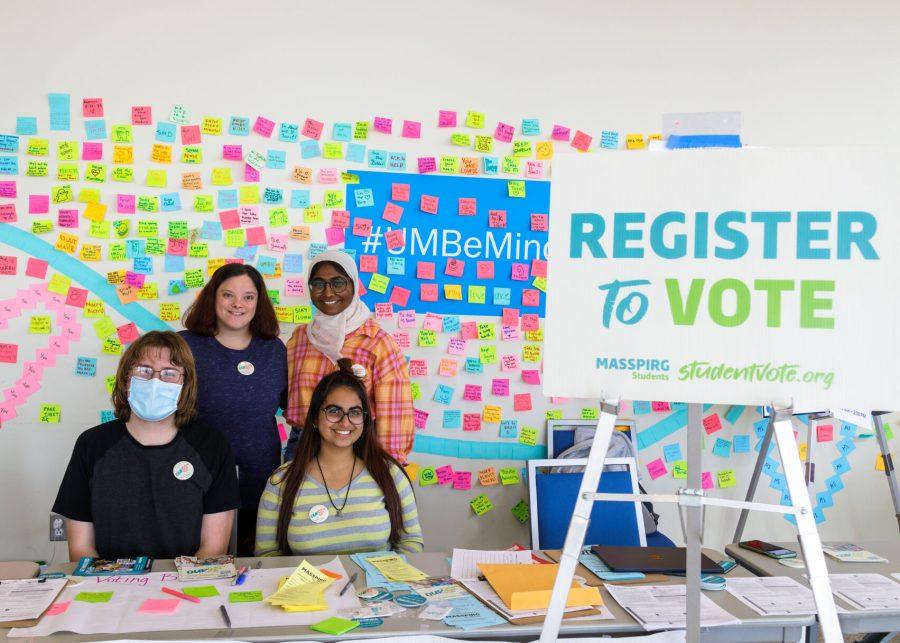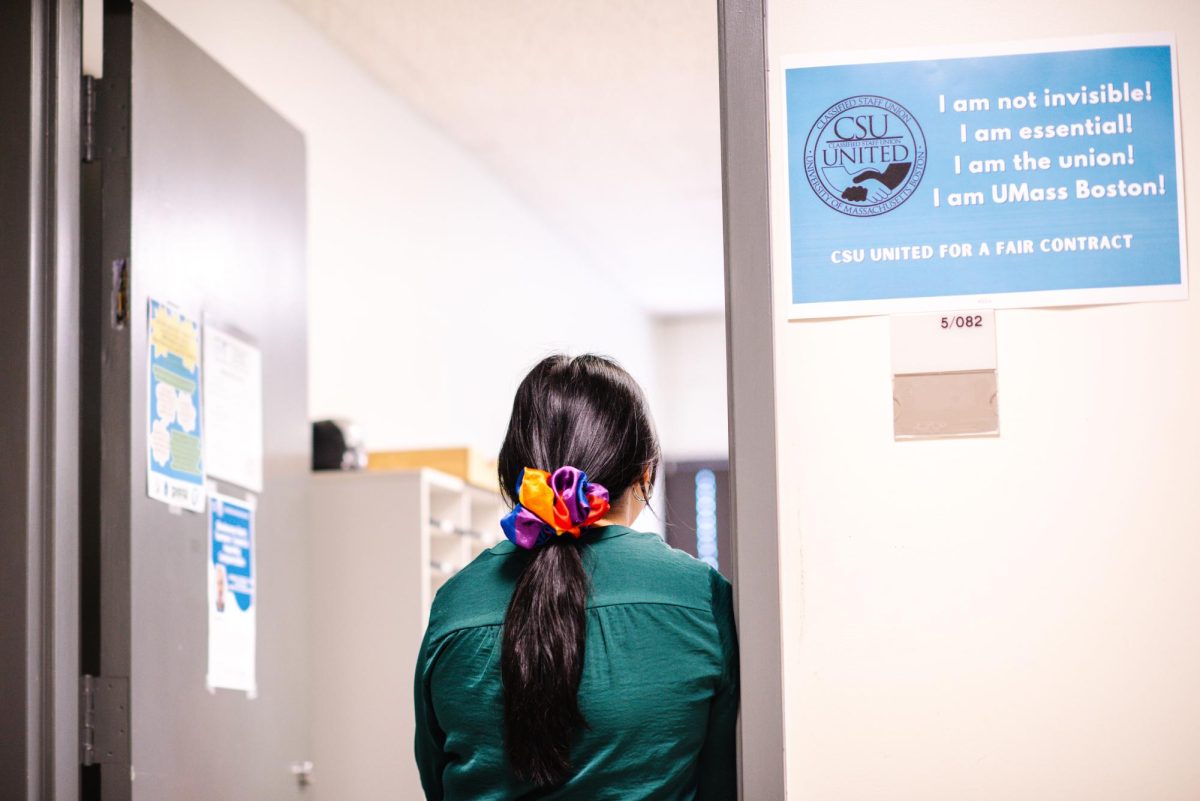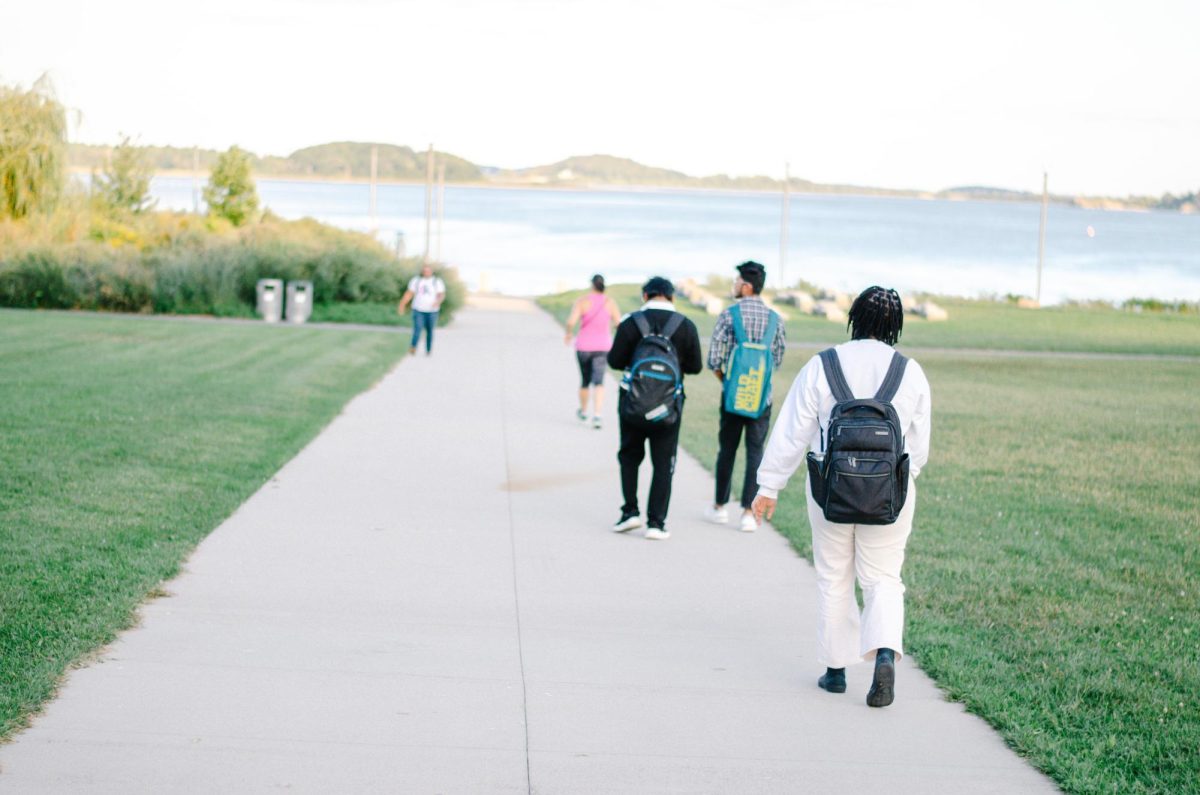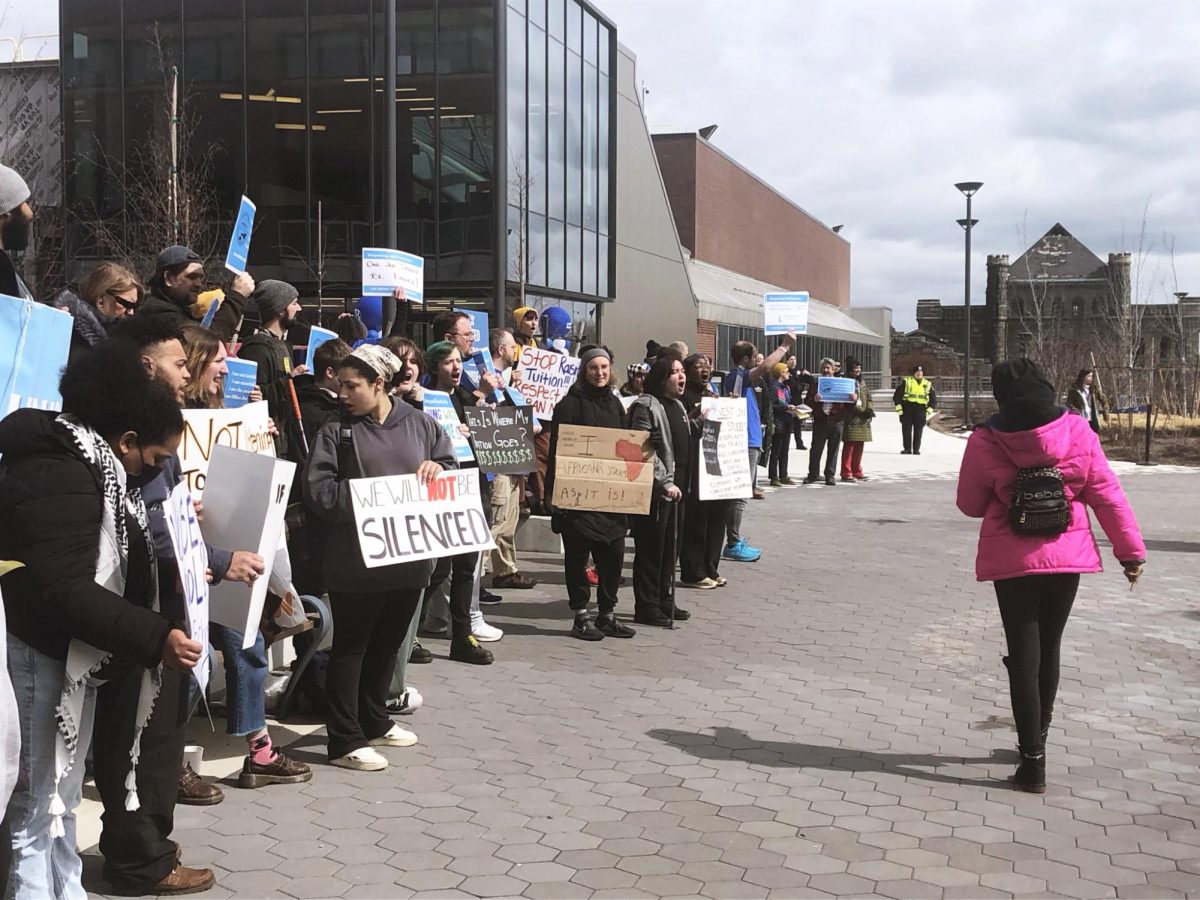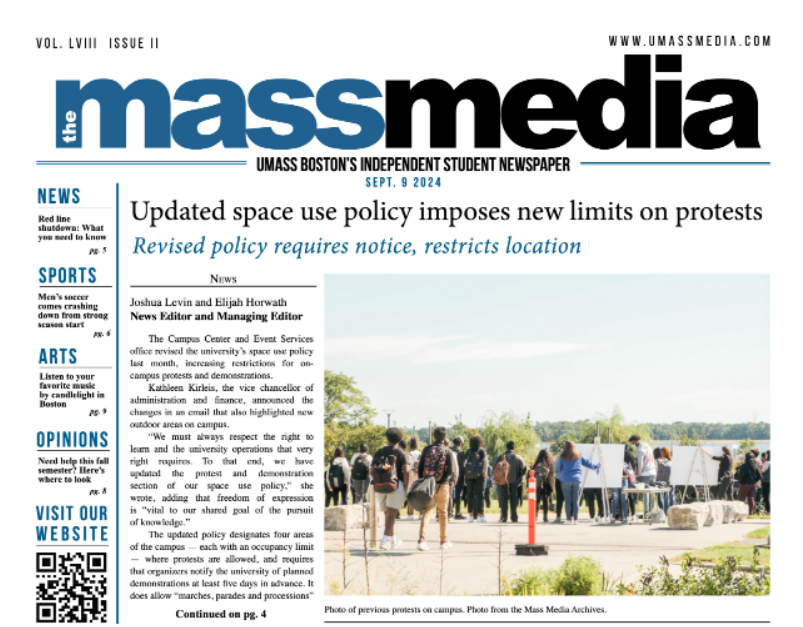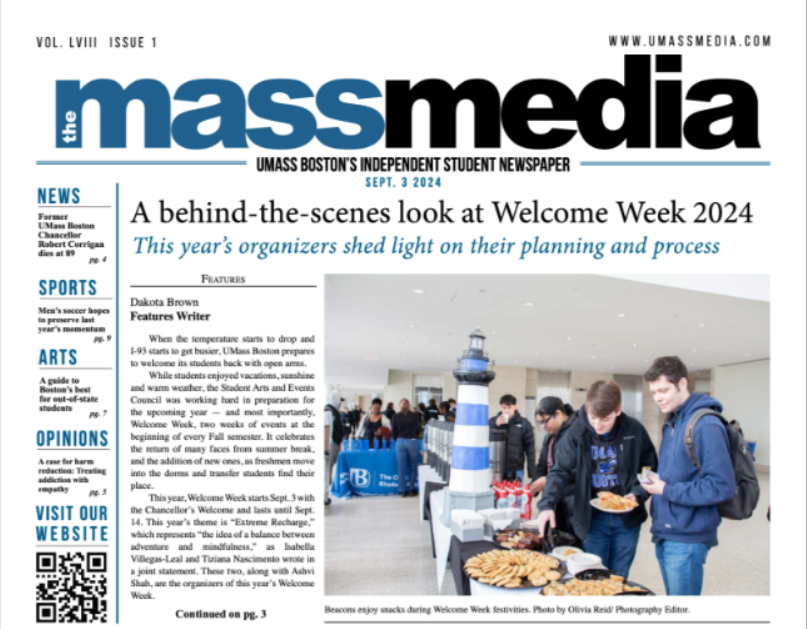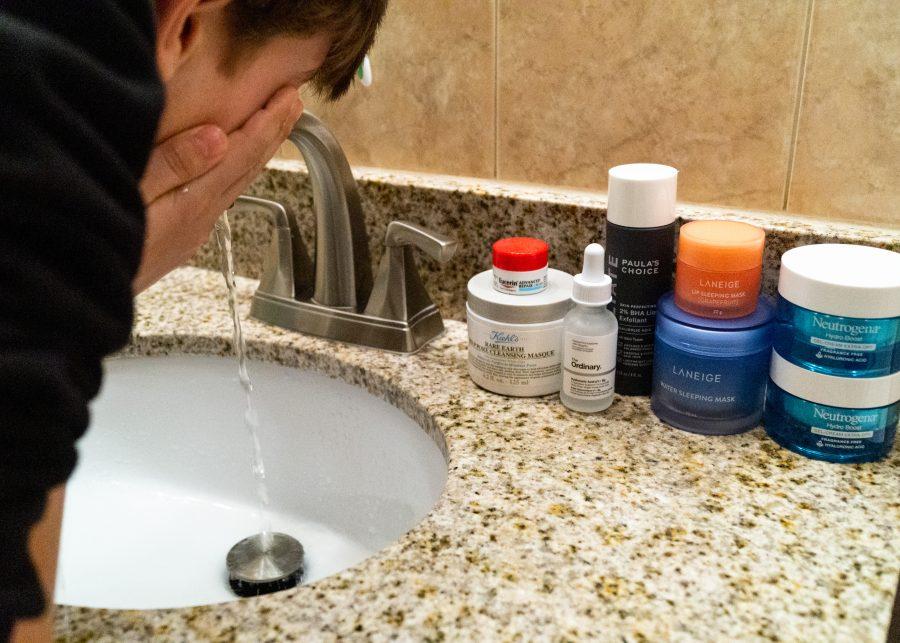Young people and skin care: the squeaky clean trend
A teen washes their face with skincare products. Photo by Mel Berilo / Mass Media Staff
February 17, 2022
Go into any drugstore or makeup store and wander around for ten minutes and the skincare section will most likely stare right back at you. Ulta’s website, for example, has pages upon pages dedicated to serums, cleansers, moisturizers, suncare and any other “goop” imaginable, with aisles in the stores devoted to everything from clinical care to clean beauty to gimmicky products with intense scents and colors. Whether it’s a simple routine or a several step procedure, it’s clear skincare has dominated amongst the youth.
Now more than ever, teenagers and young adults are obsessed with skincare. They think that with the right routine, they’ll find an elixir pulled straight from the fountain of youth, keeping their skin appearing young and supple for all eternity. Not only are these routines perfectly crafted—often with several steps—but they also act as protection against many skin-related issues their parents did not treat until well into middle age like anti-aging, hyperpigmentation, acne and dryness. As Leah Dolan for CNN wrote:
“Young people are increasingly incorporating anti-aging products and treatments into their beauty regimes. In 2012, fewer than 20 percent of U.S. women between 18 and 24 years old considered anti-aging skin care to be important, according to a survey conducted by market research company NPD Group” (1).
While one of the main driving forces of the skincare boom amongst younger generations—some teenagers being as young as 13 when they begin—being anti-aging can definitely raise some concerns and it can be hard not to see why that is. Celebrities have presented themselves with their eternally youthful faces for decades, and while this is often due to cosmetic procedures, the rise in Korean beauty and the “effortlessly beautiful and clean” look may also contribute.
In addition to this, many young people are realizing the need to start skincare as early as possible in order to maintain the best skin they can. Whether this means products like retinol, washing off makeup every day, or simply wearing sunscreen every single day, teens and young adults are taking control of their skin before the damage is beyond undoing. As Liz Ritter for NewBeauty said:
“New York dermatologist Jared Jagdeo, M.D. is 100 percent behind the prejuvenation push […]. ‘If you care about your skin, it’s never too early for skin care. Skin care has evolved past rejuvenation and ‘fixing’ to prejuvenation and prevention—especially with millennial and Gen Z. Everyone wants to look their best for as long as possible, and they should’” (2).
The younger generations aren’t coming to these decisions solely on their own, though. Many of the elder Gen Z and millennials grew up using brands like Clean and Clear, St. Ives and Biore, which estheticians, dermatologists and skincare enthusiasts have all agreed are doing more damage than good to the delicate barrier of the skin on the face.
As with most interests in the modern age, TikTok has also had an influence in the skincare community. Skincare TikTok, found under hashtags like #skincare and #skintips, offers advice and product reviews to the platform’s young user base from people from a similar age demographic. As Liz Flora for Glossy wrote:
“TikTok skin-care influencers, who are often Gen Z or millennials, have built up followings for recommending what works for them and not holding back when it comes to critiquing products. Niki Romano’s TikTok account @winningskin has earned 35,000 followers for her blunt takes on which products she believes work and which don’t” (3).
Including creators like Romano, skincare TikTok has become a sensation and made its way into the mainstream. One of the niche’s biggest creators—Hyram Yarbro, also known as SkincarebyHyram on all social media platforms—has developed quite the name for himself on both TikTok and YouTube. So much so that Hyram recently released his own skincare brand, Selfless by Hyram, which continues to promote all of the ideas he talks about on his pages, such as not only helping users’ skin, but also being sustainably sourced, promoting activism against deforestation and to end the water crisis, as well as being climate conscious in both its packaging and creation (4).
However, this obsession may not be solely a shallow act. For those with mental health issues or self esteem struggles, skin care and other ways to make their outer self look better—such as makeup—may help to boost their self esteem and mental health even slightly. As Ben Mahoney for Center for Discovery said:
“Adolescents with negative body images are more likely to be depressed, anxious and suicidal than those without intense dissatisfaction over their appearance, even when compared to adolescents with other psychiatric illnesses, according to a 2006 study by researchers at Bradley Hospital, Butler Hospital and Brown Medical School” (5).
Having clear skin—or at least a good day in terms of their skin’s appearance—can help make teenagers feel a bit better about themselves. While costly both in terms of monetary goods and time to begin this skincare routine, if it means an insecure teenager can feel slightly more confident in themselves, perhaps it is worth it.
Is the skincare revolution for young generations just another fad? Or will it stick around until well into the middle of these young peoples’ lives or when they’re in nursing homes? Time will only tell, but skincare companies will definitely be making a pretty penny for right now.
1 https://www.cnn.com/style/article/anti-aging-trend-teens/index.html
2 https://www.newbeauty.com/teenage-skin-care/
3 https://www.glossy.co/beauty/tiktoks-skinfluencers-emerge-as-gen-zs-go-to-source/
4 https://us.selflessbyhyram.com/
5 https://centerfordiscovery.com/blog/obsession-beauty-linked-depression-teens/



